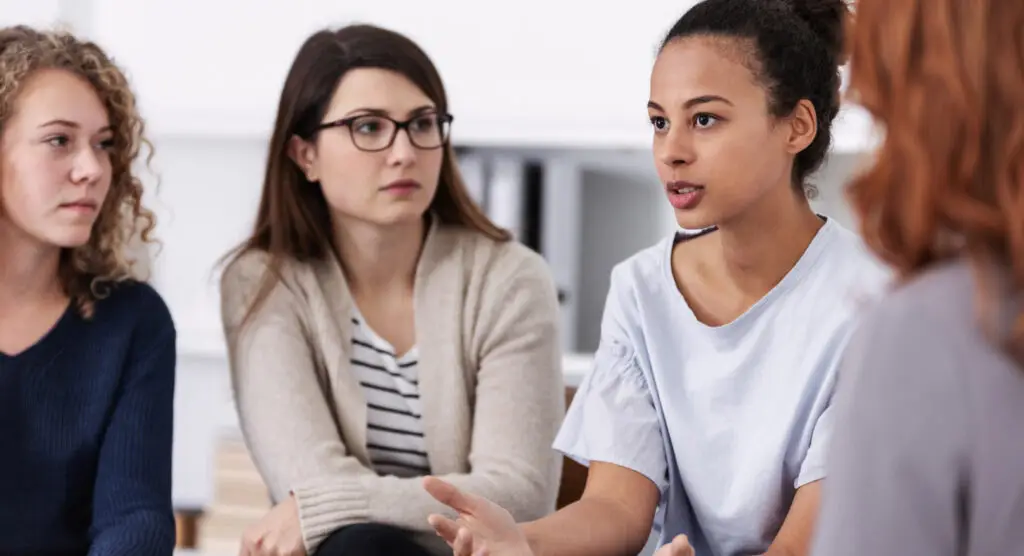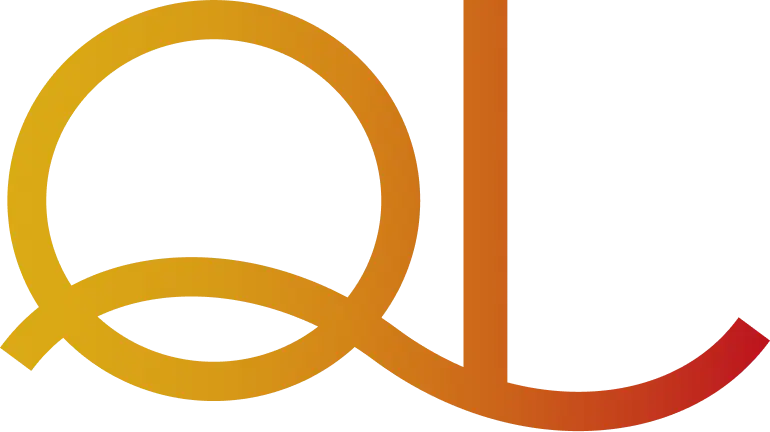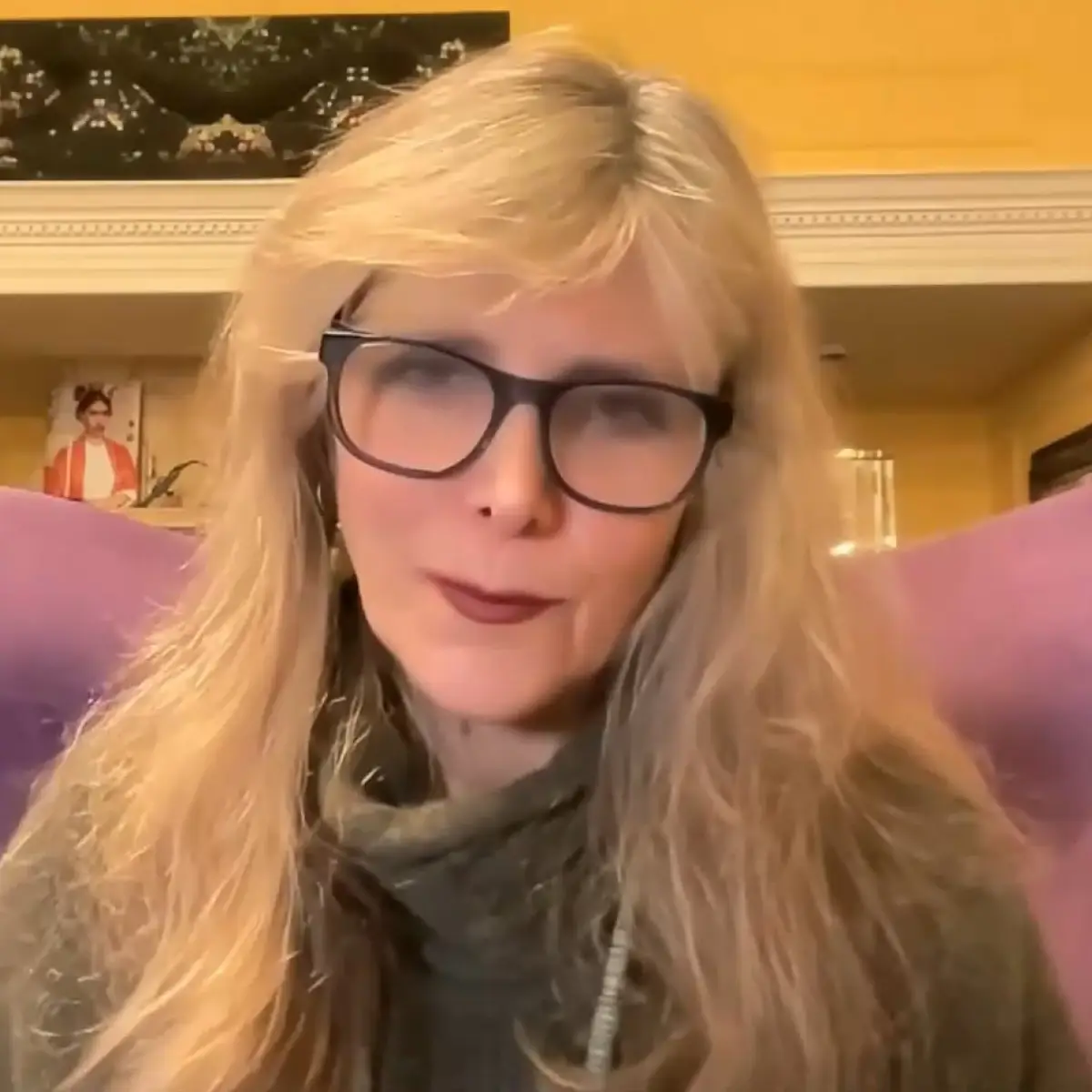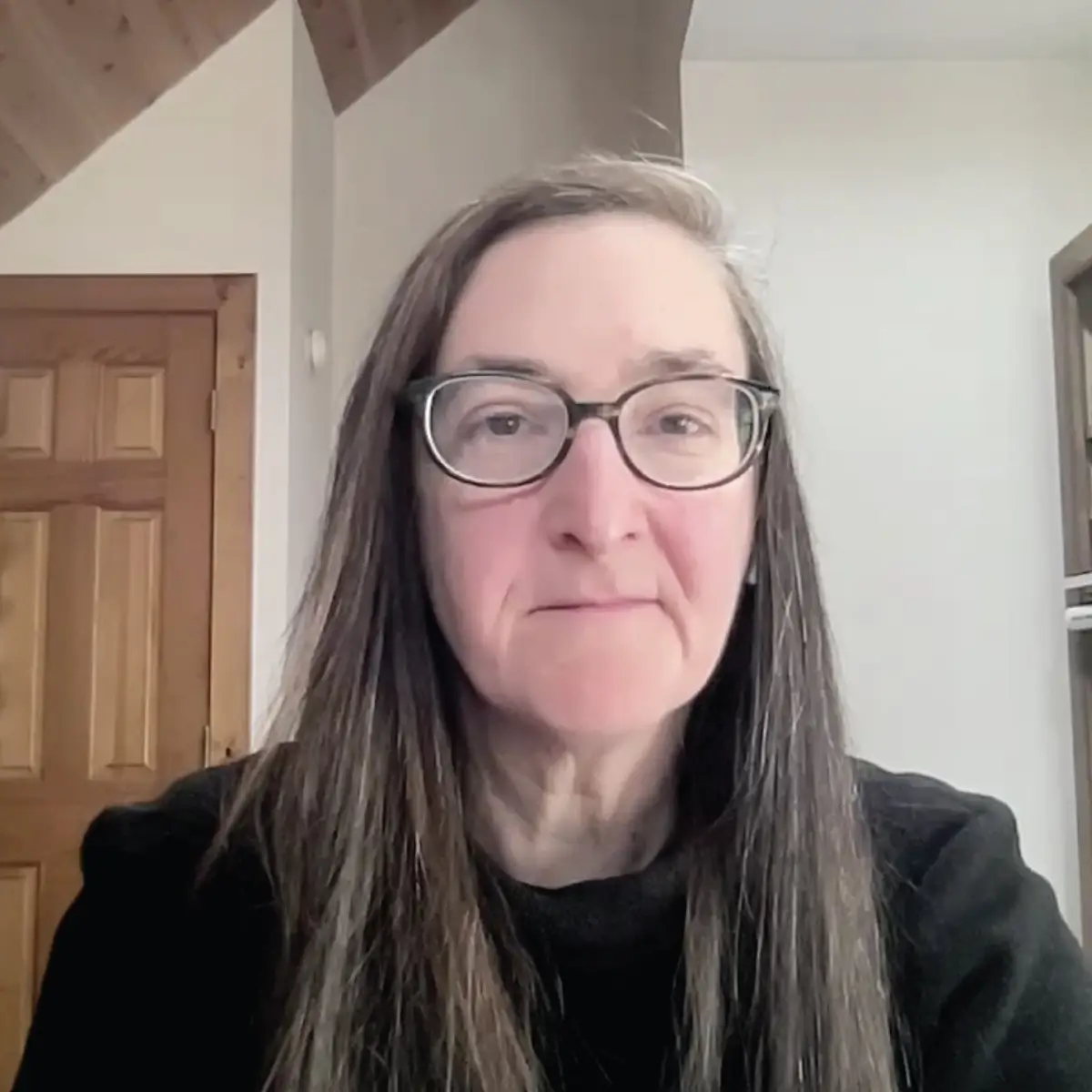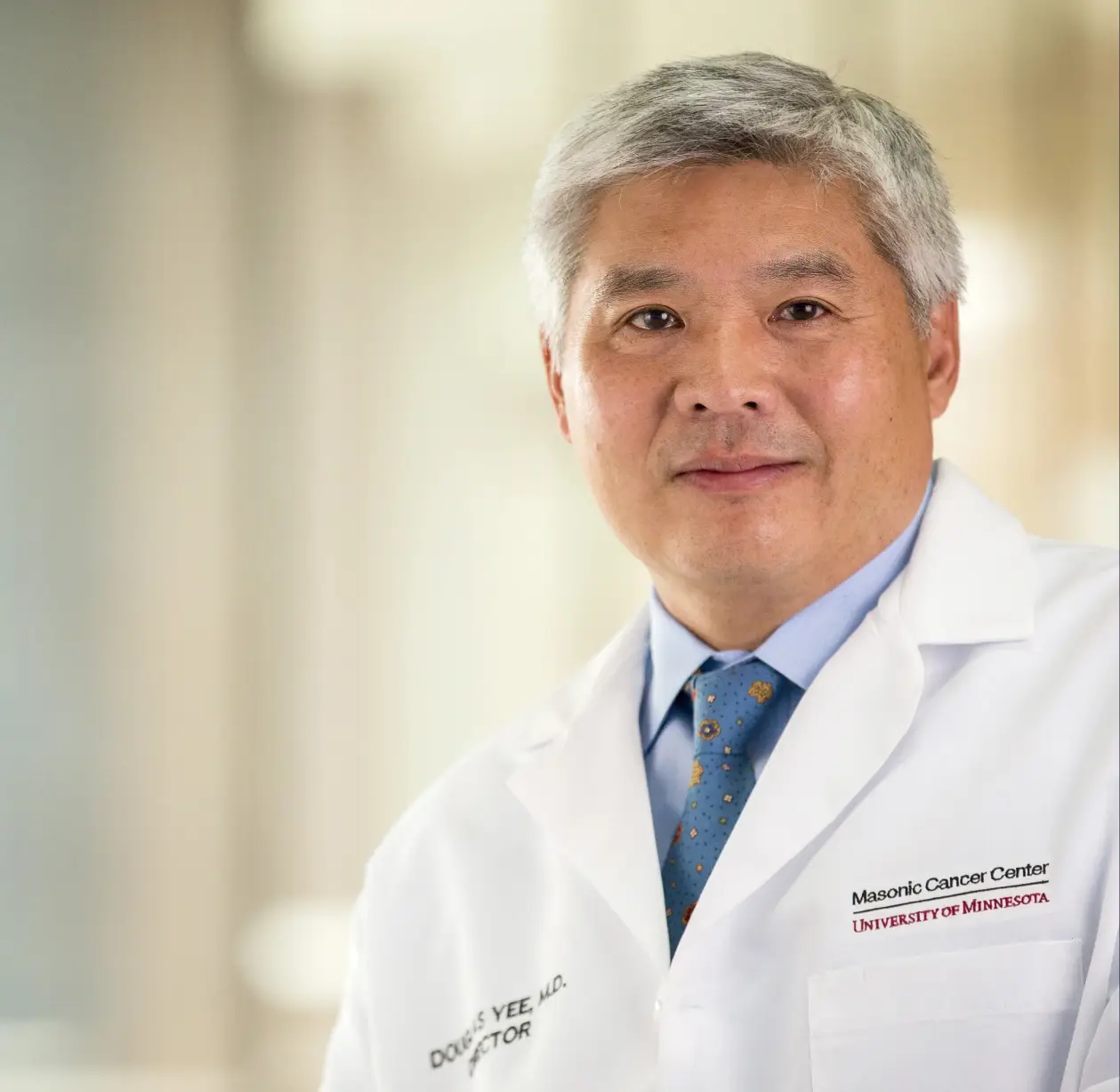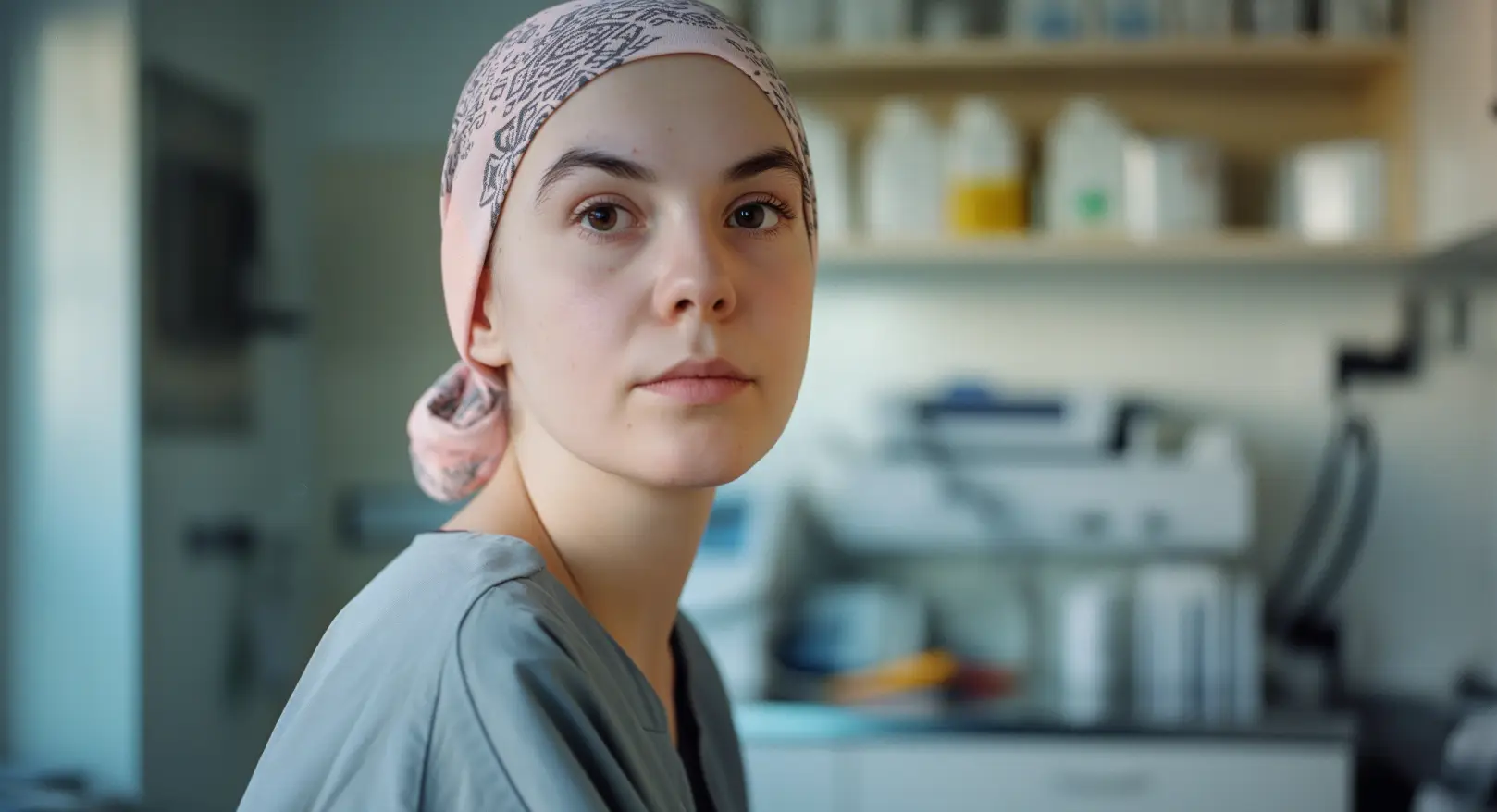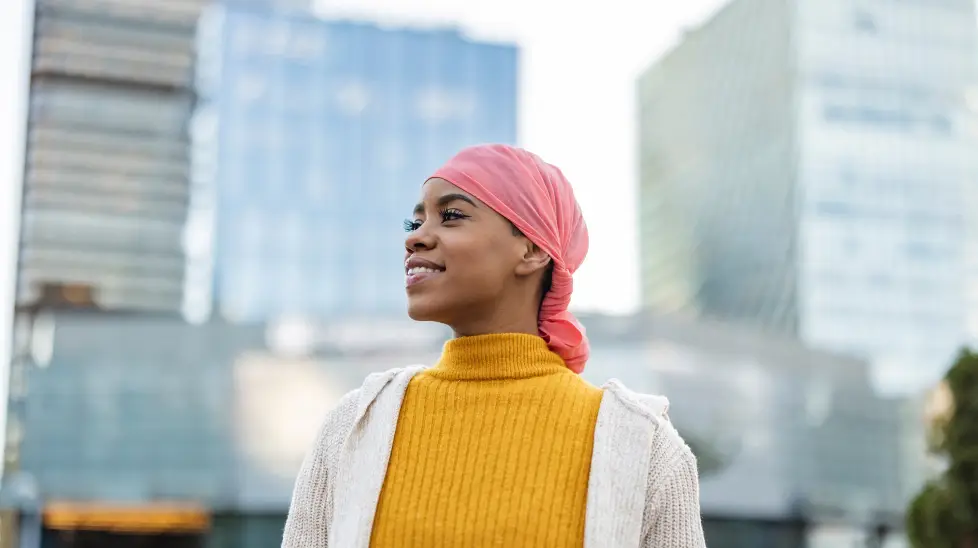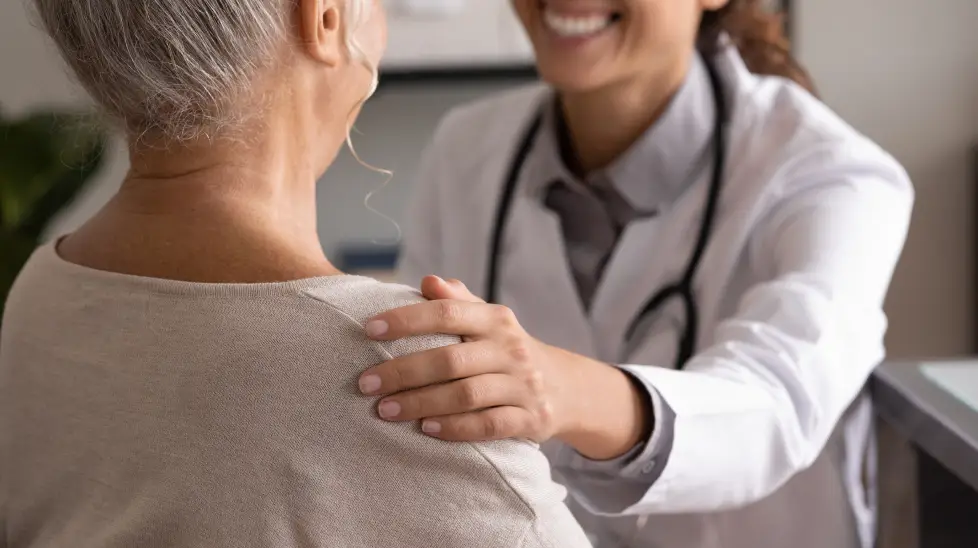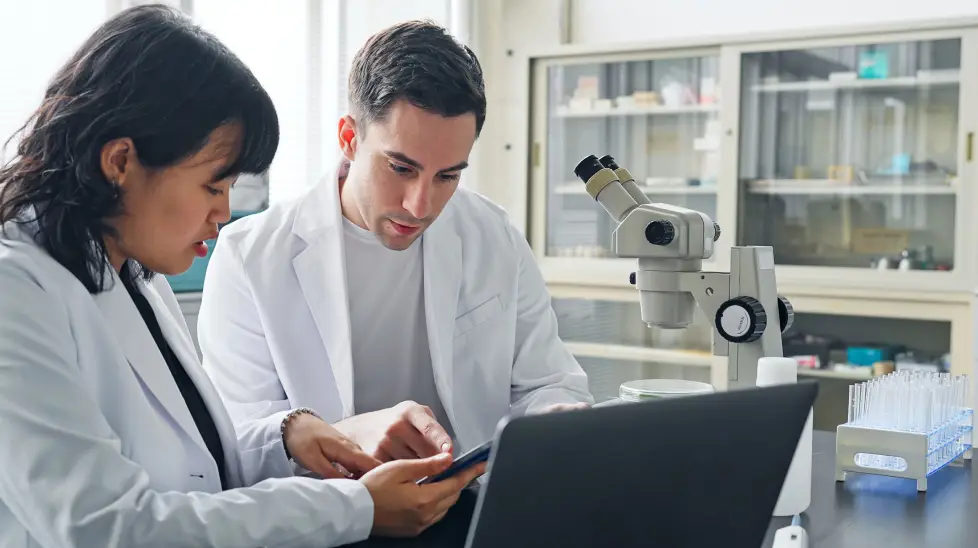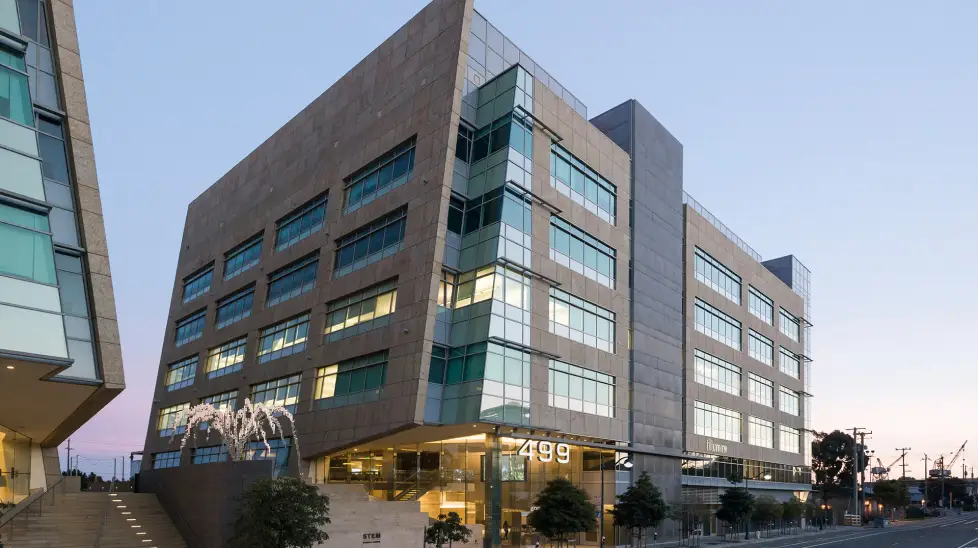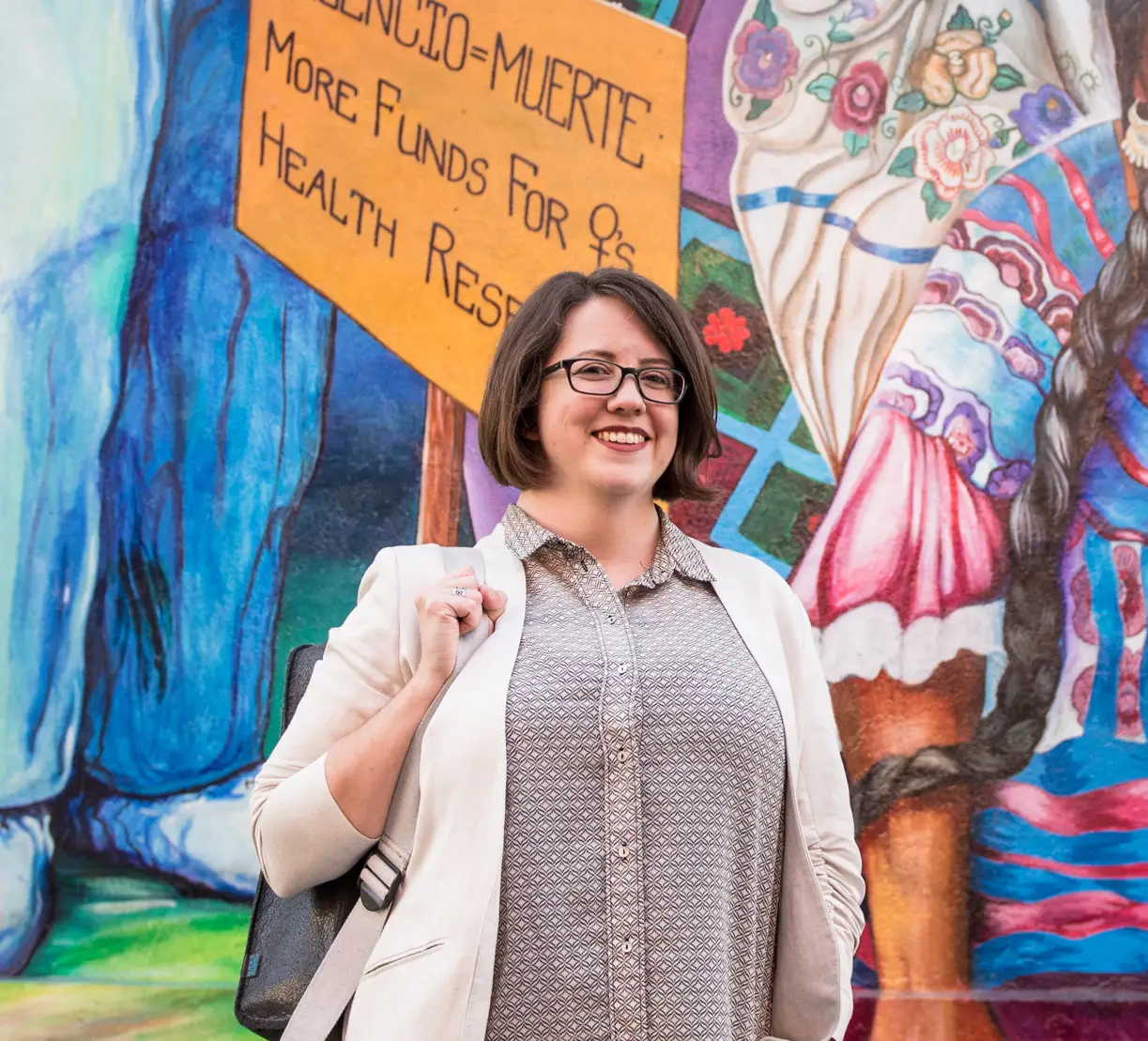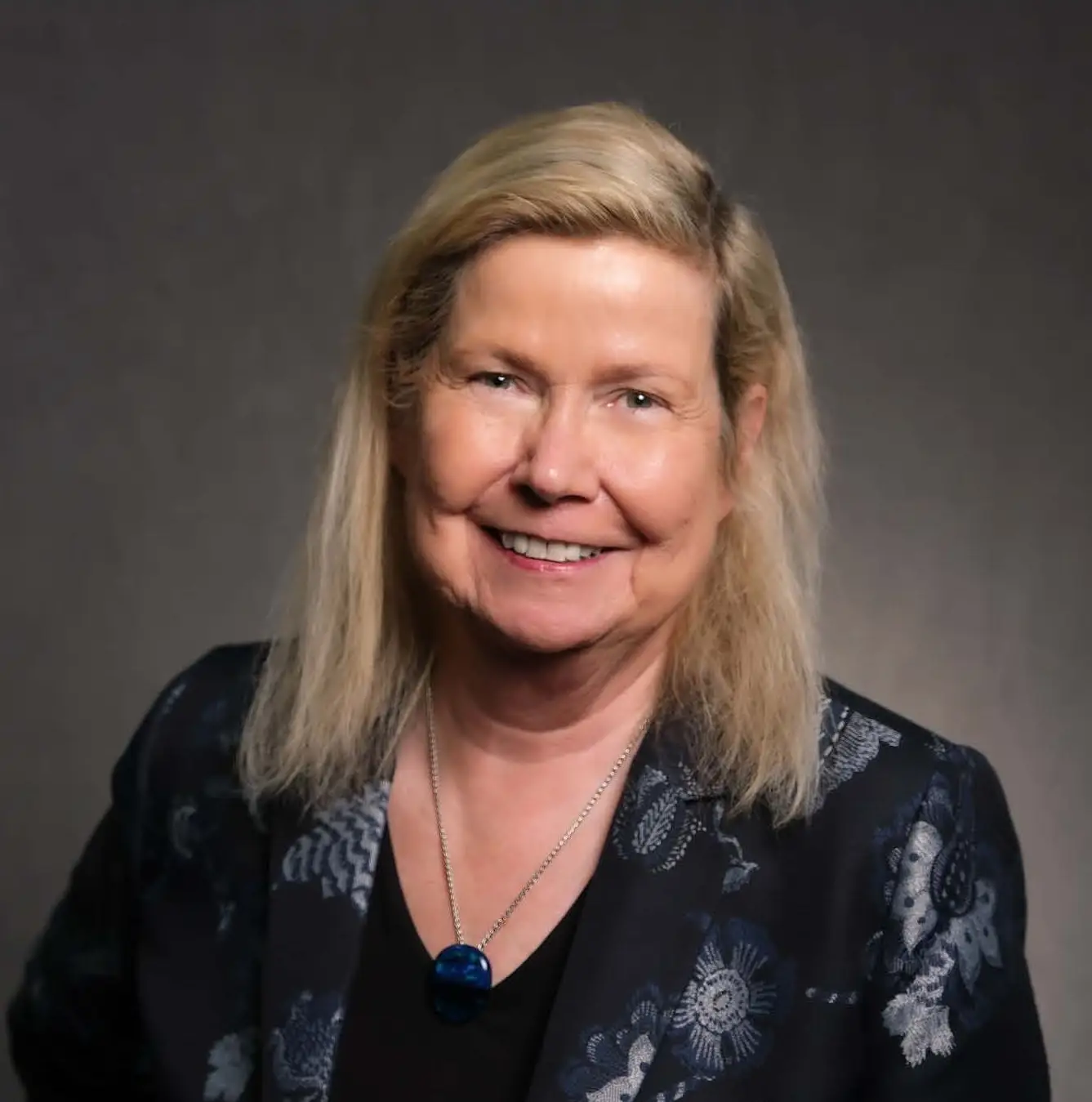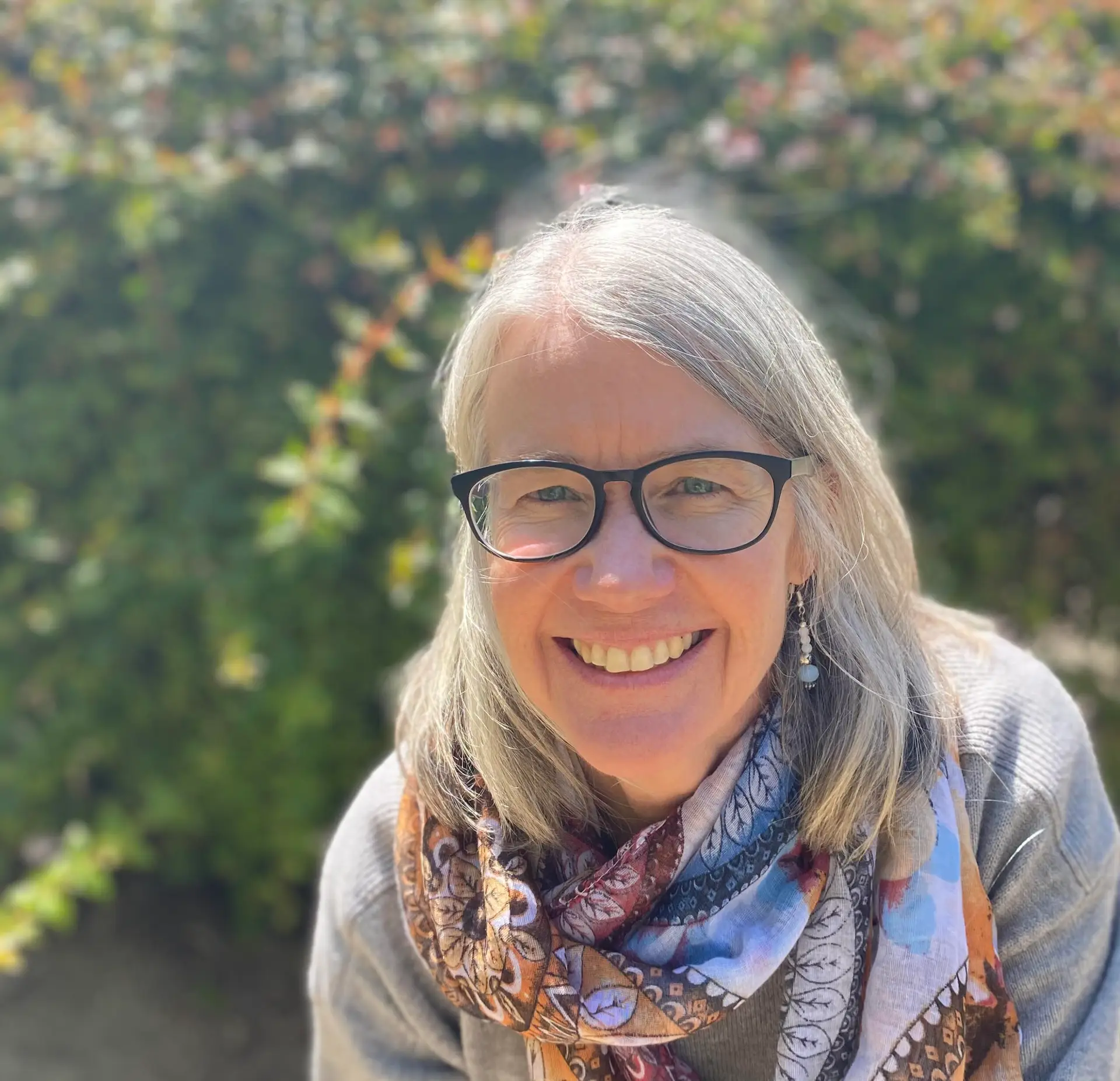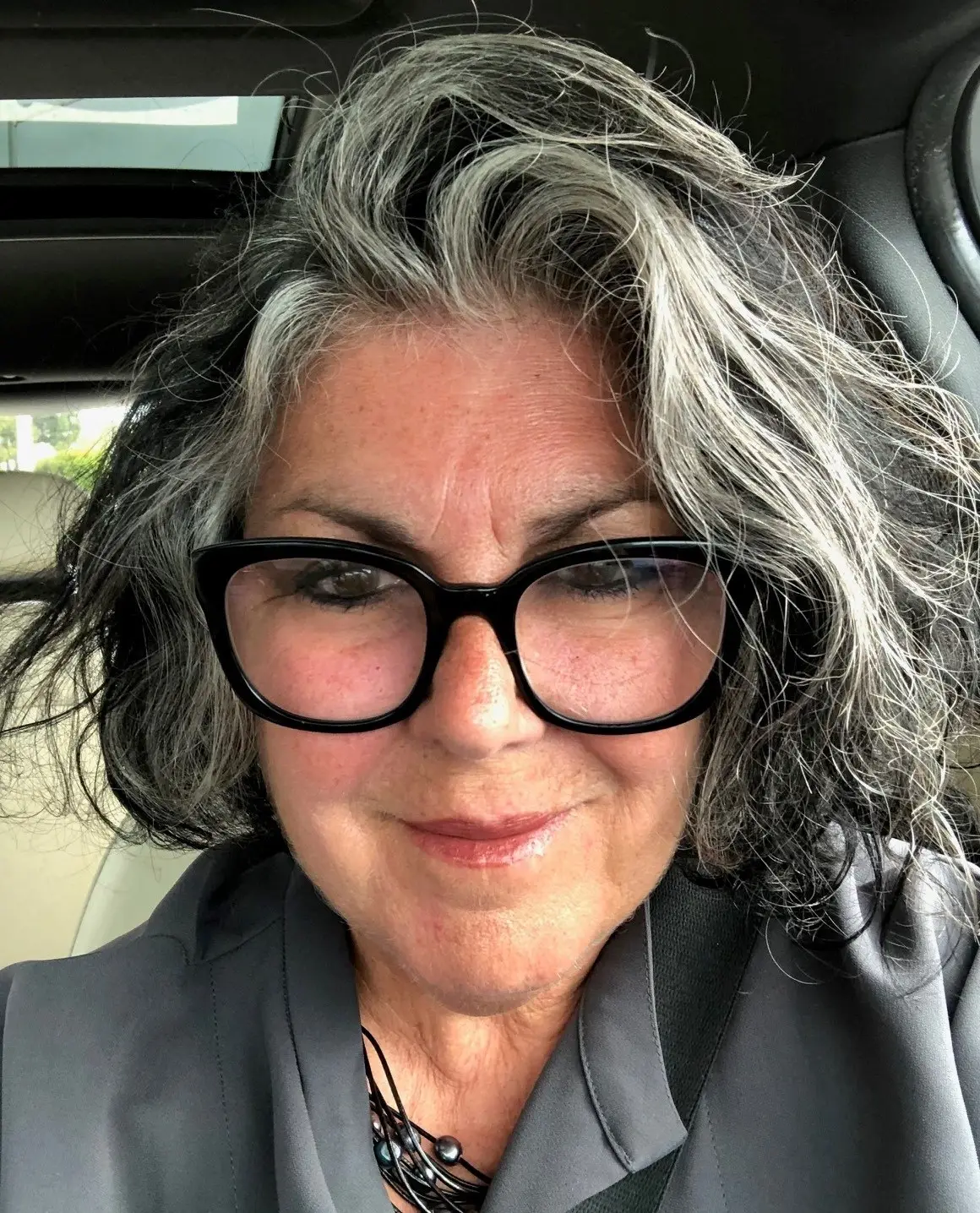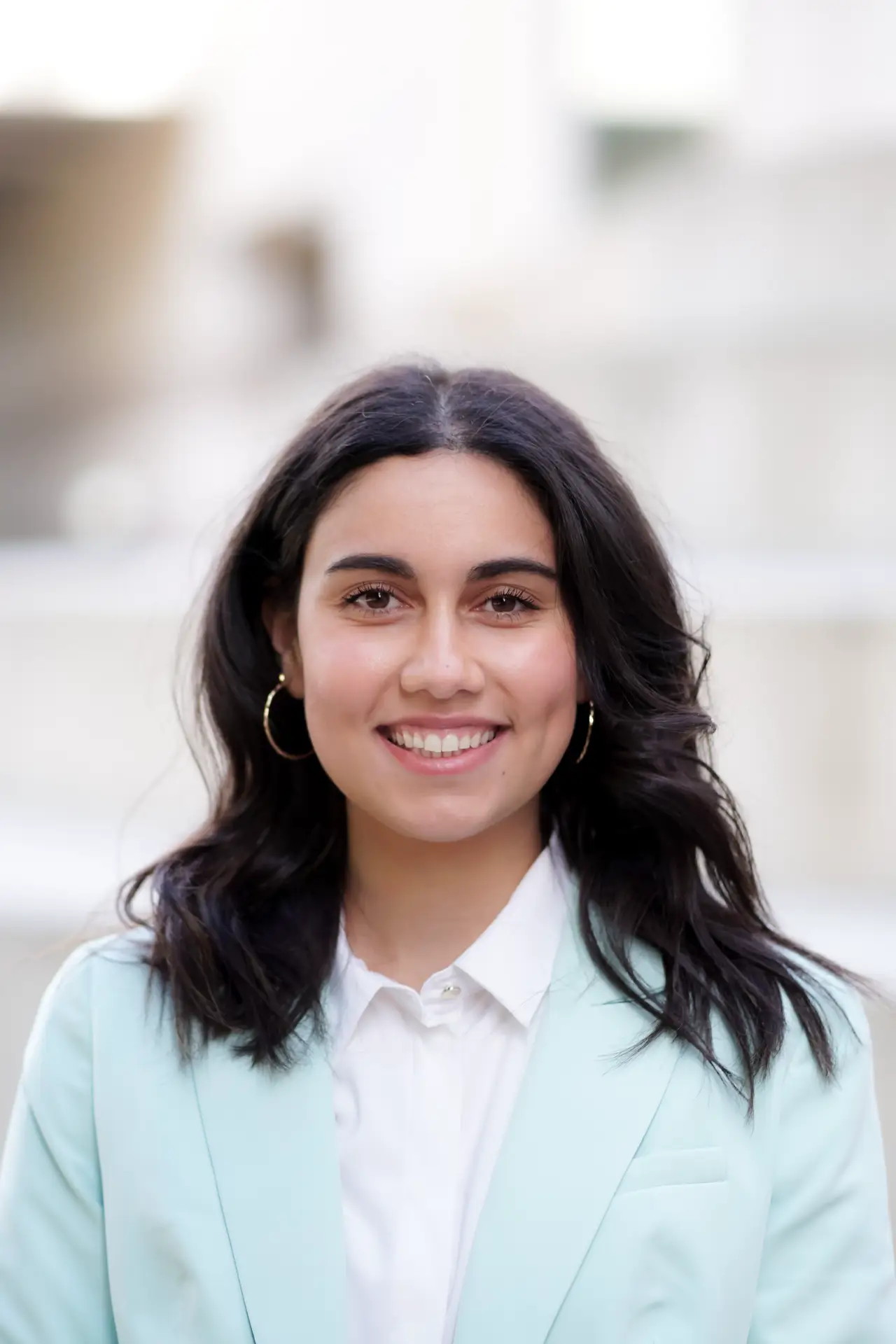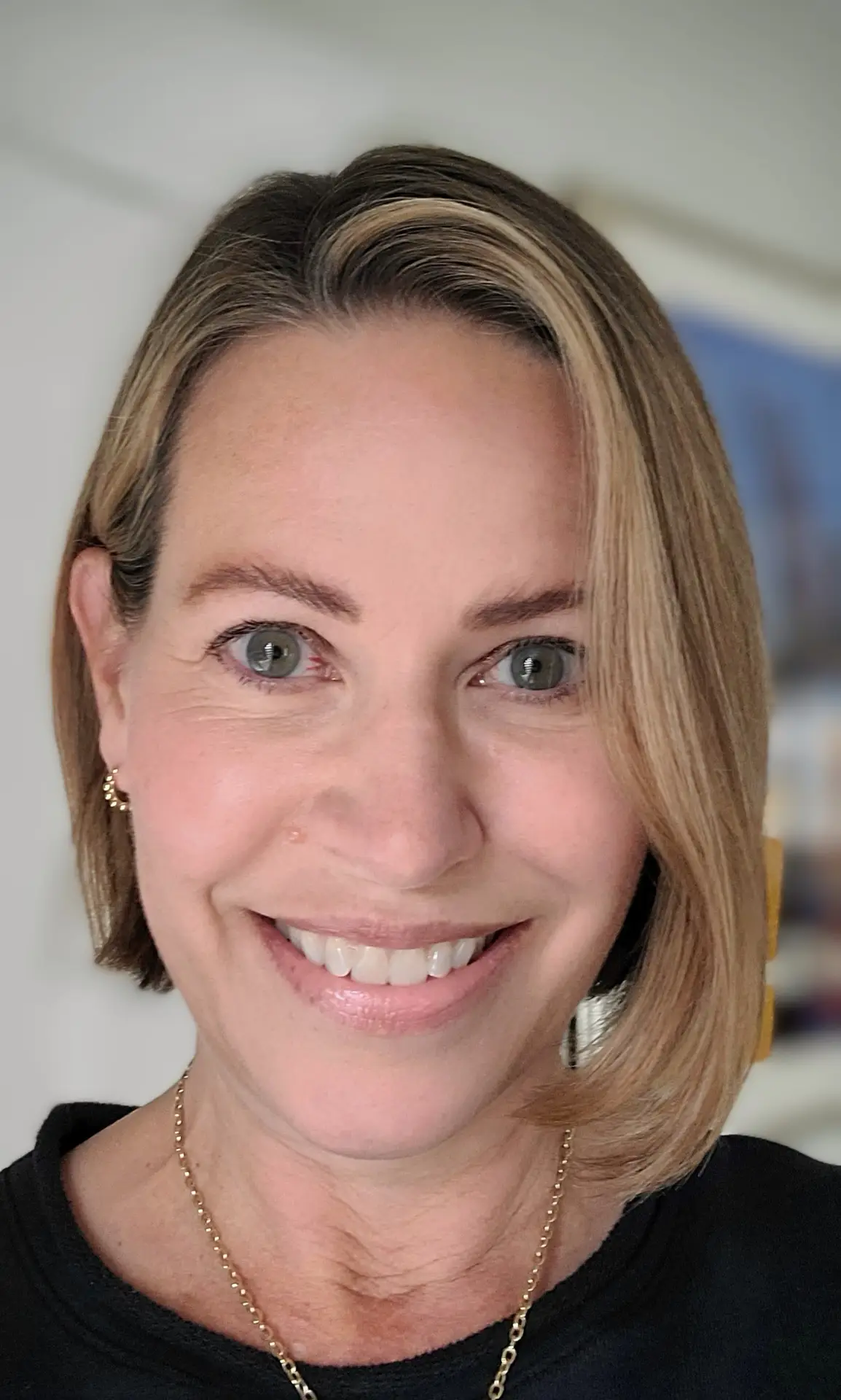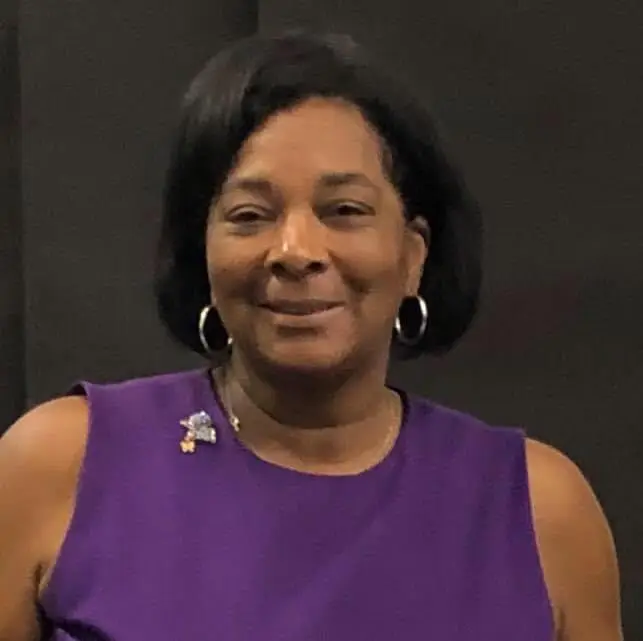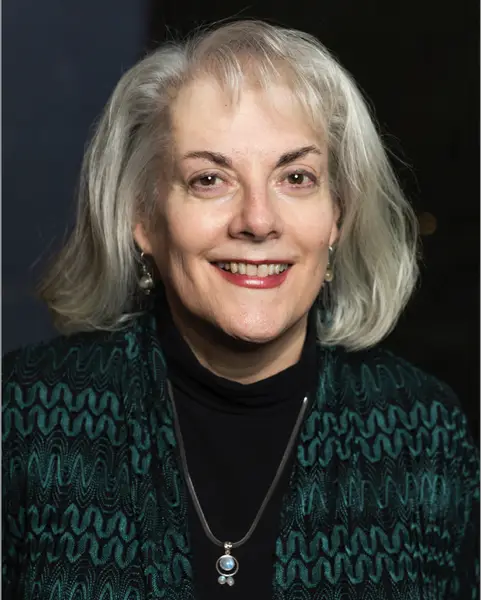Home › For Patients › I-SPY Trials – For Patients › Experts Explain
Experts Explain
Making decisions about your treatment, including whether or not to participate in a clinical trial, can be challenging. Many women find it helpful to speak with someone who has participated in a clinical trial as well as with a trusted physician, family members and friends.
There may also be support services offered at your local clinic or in your community. These services may include help with financial issues related to treatment, transportation issues, childcare, and emotional stress, to name just a few. Local and online peer support groups are often also available.
Hear From The I-SPY 2 Trial Experts
The following videos feature I-SPY 2 physicians and researchers discussing various topics related to the trial. The topics discussed in each video are listed below.
We encourage you to take the time to watch these introductory videos to get a good understanding of how the I-SPY 2 Trial works and what you can expect if you participate.
Introduction to the I-SPY 2 Trial
Angela DeMichele, MD, MSCE
Alan and Jill Miller Professor in Breast Cancer Excellence Perelman Center for Advanced Medicine University of Pennsylvania I-SPY 2 Principal Investigator
- :00 Introduction to the video
- :52 What is the I-SPY 2 Trial
- 2:14 Informed Consent process
- 3:16 Screening for eligibility to participate
- 4:40 What is a Functional Tumor Volume MRI?
- 6:36 Response Predictive Subtypes and the I-SPY Biopsy
- 7:37 Your treatment on I-SPY 2 Trial
- 10:40 Shared Test Results and Shared Decision Making
- 11:20 Treatment Strategy of I-SPY 2
- 13:55 How the MRI is used in I-SPY 2
- 17:03 Deciding whether to go to surgery early
- 18:35 Summary of the video
Length: 19:45 min
Introduction to the I-SPY 2 Trial
Laura Esserman, MD, MBA
Surgeon Director, Carole Franc Buck Breast Care Center, University of California, San Francisco I-SPY 2 Clinical Trial, Prinicipal Investigator
- :00 Introduction to I-SPY 2 Trial
- 2:49 Screening for I-SPY 2
- 4:26 Breast cancer is not an emergency
- 5:44 Purpose of I-SPY
- 6:32 Understanding your tumor
- 7:16 Your treatment on I-SPY 2 Trial
- 10:10 Adjusting therapy based on response
- 12:54 Your symptoms and your voice matter
- 14:08 Thank you and conclusion
Purpose and Importance of Patient Safety Questionaries
Dawn Hershman, MD, MS, FASCO
Medical Oncologist, Columbia University, Herbert Irving Comprehensive Cancer Center
American Cancer Society Professor of Medicine and Epidemiology
Director of Breast Oncology & Co-leader, Cancer Population Science program
I-SPY 2 Trial Investigator & Co-Chair, Patient Reported Outcomes Committee
Length: 2:14
Angela DeMichele, MD, MSCE
Alan and Jill Miller Professor in Breast Cancer Excellence Perelman Center for Advanced Medicine University of Pennsylvania I-SPY 2 Principal Investigator
- Important learning from I-SPY 2
- Patient safety on I-SPY 2
Length: 2:00 min
Judy Boughey, MD
Surgeon Mayo Clinic, Rochester, Minnesota I-SPY 2 Surgery Committee Chair
- What makes I-SPY 2 different from other trials?
- Which patients are candidates for I-SPY 2?
- Which costs are covered by the trial?
Length: 2:17 min
Laura van ‘t Veer, PhD
Professor of Laboratory Medicine University of California, San Francisco I-SPY 2 Biomarker Committee Chair
- Breast cancer is more than one disease
- Why are biopsies used in I-SPY 2?
- What is a biomarker and how is it used?
Length: 1:57 min
Douglas Yee, MD
Professor of Medicine and Pharmacology, University of Minnesota Director, Masonic Cancer Center I-SPY 2 Investigational Drug Selection Committee Chair
- What is adaptive randomization and why is it used in the I-SPY 2 Trial?
- How does the I-SPY 2 Trial speed up access to effective new treatments?
- What is pathological complete response (PCR)?
Length: 2:18 min
Information About I-SPY 2 Trial Study Procedures
Understanding A Breast Pathology Report
Presented by
Ron Balassanian, MD
Professor of Pathology | University of California, San Francisco
This series of 5 short videos will guide you through understanding your breast pathology report.
Breast Pathology Report Video 01:
Reading and Understanding Your Pathology Report
Breast Pathology Report Video 02:
Tissue Sample Collection and Gross Description
Breast Pathology Report Video 03:
Looking Through the Microscope
Breast Pathology Report Video 04:
Exploring Special Tests and Markers
Breast Pathology Report Video 05
Unpacking the Diagnosis and Summary
Nola Hylton, PhD
Professor of Radiology, University of California, San Francisco I-SPY 2 Imaging Committee Chair
- What is an MRI and how is it used in I-SPY 2?
- What to expect when getting an MRI (step by step explanation)
- Who can’t get an MRI?
Length: 2:18 min
MammaPrint Test
Other Resources
- Downloadable National Cancer Institute (NCI) booklet helpful, “Taking Part in Cancer Treatment Research Studies”.
- Download this list of questions to ask before joining a clinical trial
- The pros and cons of neoadjuvant therapy
- I-SPY Patient Fact Sheet Patient Fact Sheet
- List of more than 20 investigational drugs that I-SPY has already tested. More than a dozen of these drugs are more beneficial for patients than standard therapy.
- Cleveland Clinic’s Drug Information Site Chemocare.com to learn more about the standard and investigational drugs on the I-SPY 2 Trial.
Transportation, lodging and other treatment-related financial resources
Air transportation
Air Care Alliance aircarealliance.org, 888-260-9707
Air Charity Network www.aircharitynetwork.org, 877-621-7177
Angel Flight Central angelflightcentral.org, 866-569-9464 (Small planes)
Corporate Angel Network (CAN) corpangelnetwork.org, 914-328-1313
Lifeline Pilots lifelinepilots.org, 800-822-7972 (States in US mid to east)
Mercy Medical Angels www.mercymedical.org, 757-318-9174 (Flights or ground transportation)
Patient AirLift Services www.palservices.org, 888-818-1231 (Small planes)
Ground transportation
American Cancer Society Road to Recovery Programs CLICK HERE
Lyft free rides to treatment via American Cancer Society CLICK HERE, 800-227-234
Lodging
AirBnB Free housing for patients traveling for cancer treatment https://cancersupportohio.org/resources/airbnb-and-cancer-support-community, 877-793-0498
Hotel Keys of Hope (Free or deeply discounted hotel rooms) https://www.extendedstayamerica.com/acs-partnership, 800-804-3724
Healthcare Hospitality Network https://members.hhnetwork.org/locate-a-house
HOPE Lodges https://www.cancer.org/support-programs-and-services/patient-lodging/hope-lodge.html, 800-227-2345
Joe’s House (Discounts only) https://www.joeshouse.org/, 800-822-7972
Hospitality Homes (Boston Area) https://hosp.org/, 888-595-4678
Help with other expenses
CancerCare (Transportation, lodging, and more) https://www.cancercare.org/, 800-813-4673
Family Reach Foundation https://familyreach.org/gethelp/, 973-394-1411
